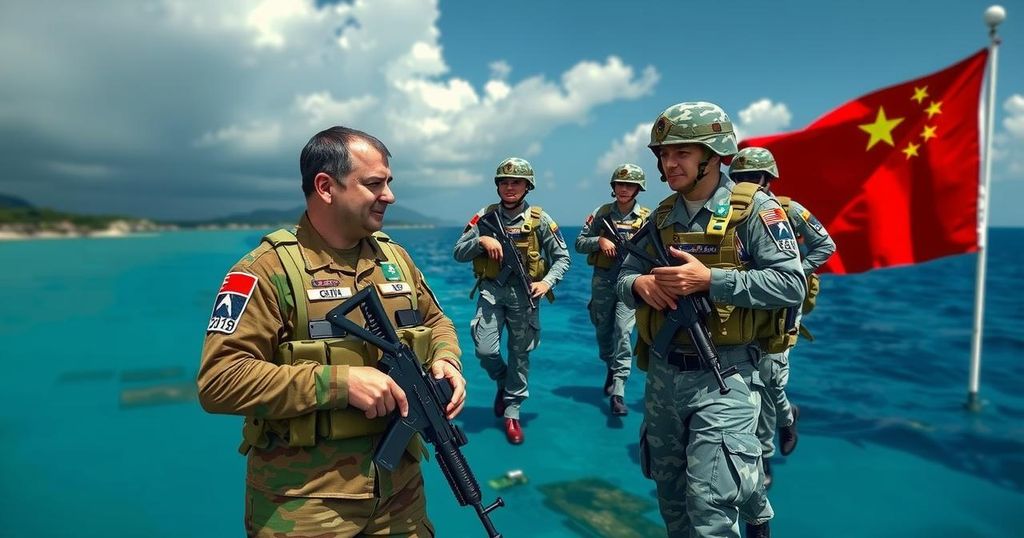Russia and China have opposed the U.S. attempt to convert the Kenya-led multinational force in Haiti into a U.N. peacekeeping mission, citing the ongoing gang violence and lack of peace. Both nations urged for more immediate support for the current force instead, as the multinational operation struggles with funding and appropriate deployment of personnel.
In a recent United Nations Security Council meeting, Russia and China expressed their disapproval of a U.S.-led initiative aimed at transitioning the Kenya-led multinational force in Haiti to a U.N. peacekeeping mission. As gang violence in Haiti escalates, with gangs reportedly controlling 85% of the capital, the situation has become increasingly critical. The United States had previously proposed this transition as a means to secure ongoing financial assistance for the struggling multinational force, which has faced significant funding challenges.
During the council meeting, China’s Deputy U.N. Ambassador Geng Shuang emphasized that deploying a peacekeeping force at this juncture would be counterproductive, stating that peacekeepers are meant to be deployed in peaceful environments rather than in active conflict zones. Russia’s Deputy U.N. Ambassador Dmitry Polyansky echoed these sentiments, advocating instead for immediate assistance to the current multinational force rather than overextending it with peacekeeping operations. The dire circumstances have prompted calls within Haiti for a U.N. peacekeeping mission, particularly as local leaders voice their support. Meanwhile, U.S. representatives maintain that transitioning to a peacekeeping mission is vital for improving funding and logistical support.
The proposal to transition the Kenya-led force in Haiti into a U.N. peacekeeping mission stems from an urgent need to address escalating violence from gangs that have increasingly disrupted life in the capital, Port-au-Prince. Currently, estimates indicate that these gangs control a significant portion of the city, posing a critical challenge for both local authorities and international aid efforts. The U.S. initiative aims to legitimize and financially stabilize the multinational force while enhancing security in Haiti, which has faced prolonged instability due to a lack of sufficient police presence and resources. The United Nations has been exploring various approaches to bolster security in Haiti, including appeals from the Haitian government for international assistance. This has led to a complex dialogue among member nations, with varying viewpoints on the appropriateness of deploying peacekeepers amidst rampant gang activity. The discussion has become urgent, given that the international community, particularly the Security Council, is tasked with addressing the humanitarian crisis and restoring long-term stability in the region.
In summary, the debate over the proposed U.N. peacekeeping mission in Haiti highlights contrasting perspectives on the current situation’s complexities. Russia and China argue that without a foundation of peace, peacekeepers should not be deployed, emphasizing the need for direct support to the existing multinational force. In contrast, U.S. officials advocate for the transition to enhance operational capabilities and support. The call for immediate and adequate funding remains paramount, as the international community grapples with mounting security and humanitarian challenges facing Haiti.
Original Source: www.newspressnow.com






